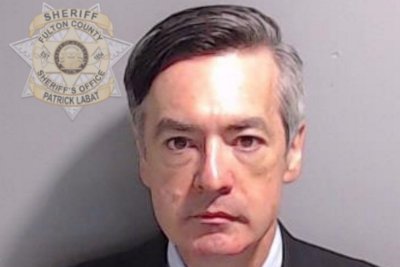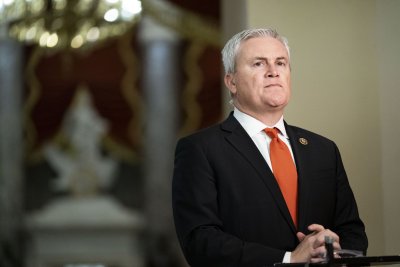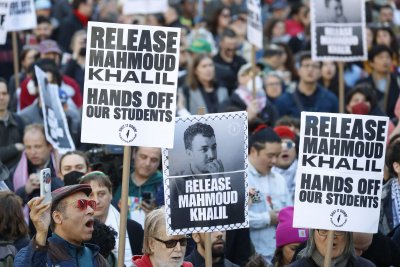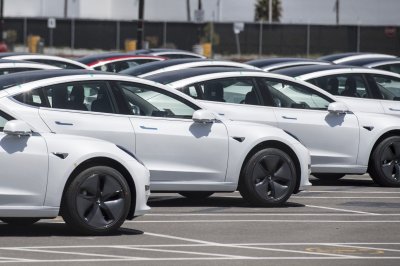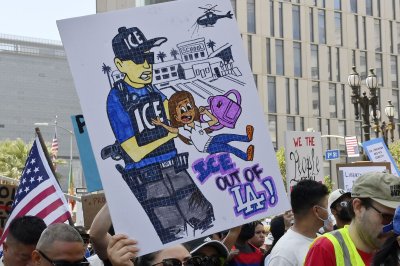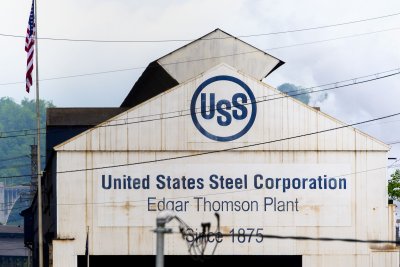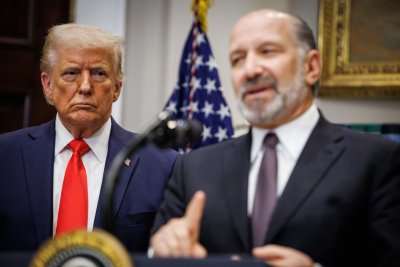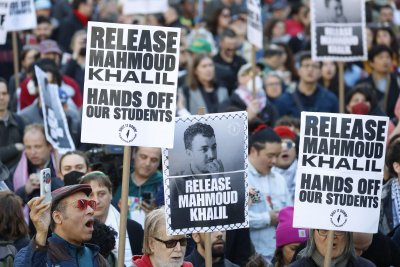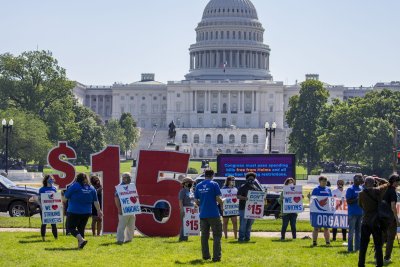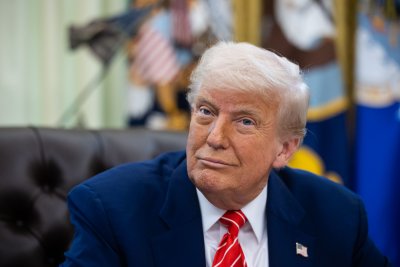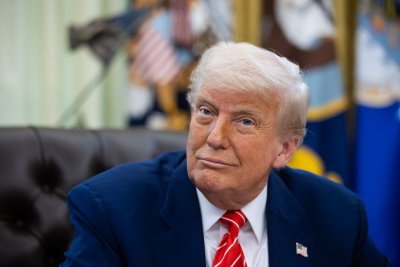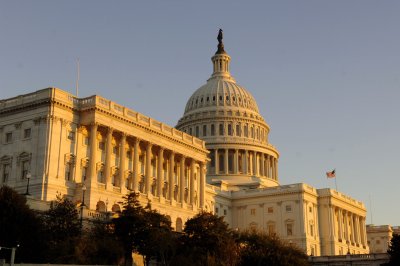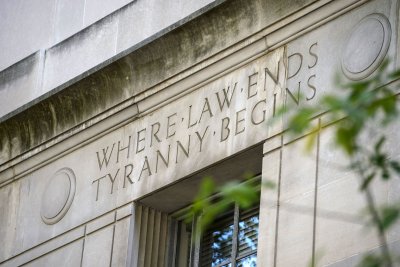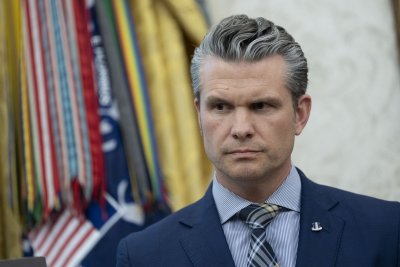Trump reveals group of ‘wealthy people’ wants to buy TikTok in U.S.

June 29 (UPI) — President Donald Trump said a group of “very wealthy people” wants to buy the Chinese-owned TikTok social media app that is facing a ban in the United States.
During an interview Friday with Maria Bartiromo that appeared Sunday on Fox News, Trump said, “We have a buyer for TikTok, by the way,” declining to name the potential buyers.
“I’ll tell you in about two weeks,” he added.
The president said he believes Chinese President Xi Jinping “will probably” approve the deal for U.S. ownership of the video service, which was founded in September 2016.
President Joe Biden signed a law in 2024 requiring TikTok to be blocked in the United States unless its parent company, ByteDance, sold it to a non-Chinese company over concerns that sensitive user data could be acquired by the Chinese government.
The U.S. Supreme Court voted unanimously on Jan. 17 that TikTok must be banned from U.S. app stores unless the company divested from the platform and sold to an American company by Jan. 19.
Biden said he didn’t want to intervene in the final days of his presidency, the app went dark around 10:30 p.m. ET on Jan. 18 and the app ceased to appear on Apple and Google‘s app stores.
The 170 million U.S. users and around 1 million creators lost access to the app for at least one day of the 23 million new videos uploaded daily. Those using the app spend about an hour a day looking at some of the 23 million new clips uploaded daily, with teens using it for 2-3 hours a day, according to Exploding Topics.
But the next day, the company restored service after Donald Trump said he would pause the deadline for 75 days when he was sworn in as president on Jan. 20, and signed an executive order to do so on his first day in office. He has since pushed off the deadline two more times, with it now delayed until Sept. 17.
In April, the White House said it was close to a deal in which 50% of the app would be owned by an American company. Negotiations ended when Trump announced tariffs on goods coming from China to the United States. Trump proposed 134% tariffs on most goods but it has been scaled back to 30% for some items exempt.
During his first presidency, on Aug. 6, 2020, Trump signed an executive order “action must be taken to address the threat posed by one mobile application in particular, TikTok” from China.
Trump later credited TikTok with gaining more young voters in the 2024 election and seemed to soften on his stance. ByteDance has also been reluctant to turn over rights to the app’s algorithm.
It is the fifth-most social network with 1.6 billion users in the world behind Facebook, YouTube, Instagram and WhatsApp, according to Statistica.
In April, Adweek compiled a list of suitors for U.S. rights, including Applovin, Amazon, Oracle, Blackstone and Andreessen Horowitz. None confirmed negotiations to Addwek.
“It does not feel like these are serious bids for TikTok,” David Arslanian, managing director of Progress Partners, told Adweek. “It is hard to imagine any of these companies, like Amazon and Oracle, successfully operating just a piece of TikTok.”
